Landlord Advocates: Keep it narrow. Keep the LOI and any definitions as narrow as possible. This will lure the prospective tenant into the lease negotiation stage – where tenants will experience a significant loss of negotiating leverage.
Tenant Advocates: Keep it broad. Be detailed, yet as broad as possible in preparing and/or negotiating the LOI, so that the attorney negotiating the lease itself will have as much leeway and ammunition possible.
Take into account:
- The context of current market conditions;
- deal size;
- competition for the space; and
- nature of who in fact the landlord and tenant are.
Wide vs. Narrow
The “use” definition from a tenant’s perspective should nearly as wide as the Grand Canyon. Conversely, for a landlord the use provision should be slightly less narrow than a toothpick!
Exit Strategies
Given the events that can occur during the course of a long term lease, as a tenant advocate, create exit strategies for your client in your in initial draft of the letter of intent (including but not limited to the sale of a business and partners leaving and new ones joining a company).
By way of example (in desired order of fantasy if the initial use is that of a nail salon):
Pro-Tenant:
Option 1: Any lawful retail use.
Option 2: Any lawful “dry” retail use.
Option 3: A nail, health, wellness and beauty facility, with the sale of men’s and woman’s clothing, health and beauty products and, provided it does not exceed 10% of tenant’s gross sales, bottled or canned drinks and pre-packaged (and prepared off-site) food products.
Pro-Landlord:
A nail salon and for no other purpose.
By way of example (in desired order of fantasy if the initial use is that of a restaurant):
Pro-Tenant:
Option 1: Any lawful retail use.
Option 2: Any lawful “wet” retail use.
Option 3: Retail sale of food and drink items, which may include but not be limited to items outlined in the attached schedule or addendum; and related retail kitchen and cooking items. Subject to applicable law, Tenant shall be permitted to serve non-alcoholic and alcoholic drinks from the Premises.
Pro-Landlord:
A [insert sole ethnic use, such as] a Chinese restaurant and for no other purpose (such prohibited purposes to include but not be limited to a bar, event space, a use requiring a public assembly license and/or a fast food restaurant).
By way of example (in desired order of fantasy if the initial use is that for an office):
Pro-Tenant:
Option 1: Any lawful use.
Option 2: General, executive, sales, training and administrative offices.
Option 3: General, executive, sales, training and administrative offices for business professionals, including but not limited to an accounting firm, and ancillary uses related thereto.
Pro-Landlord:
An accounting office and for no other purpose.

